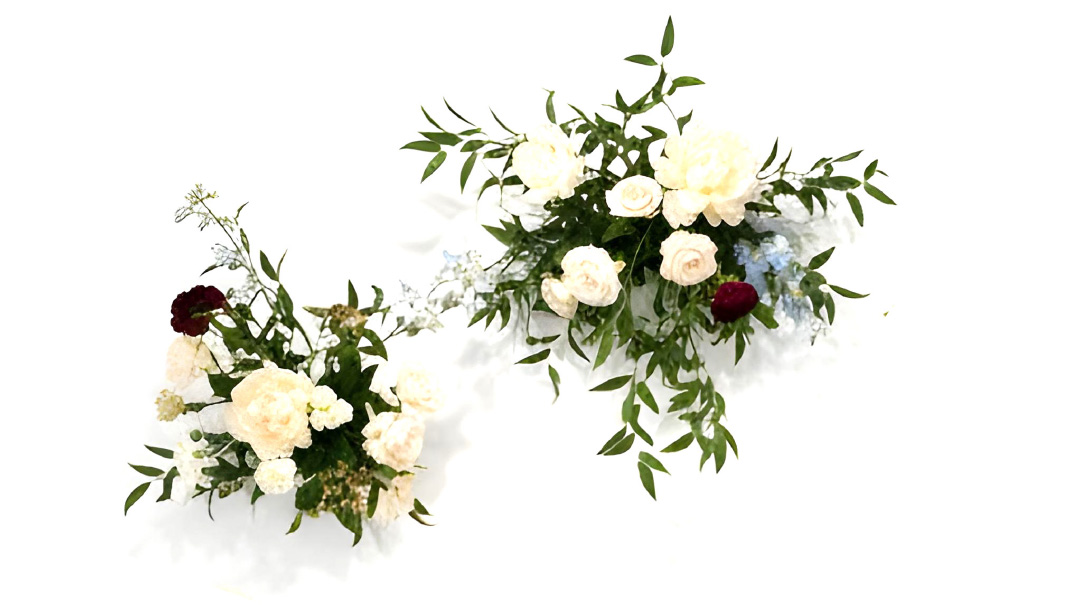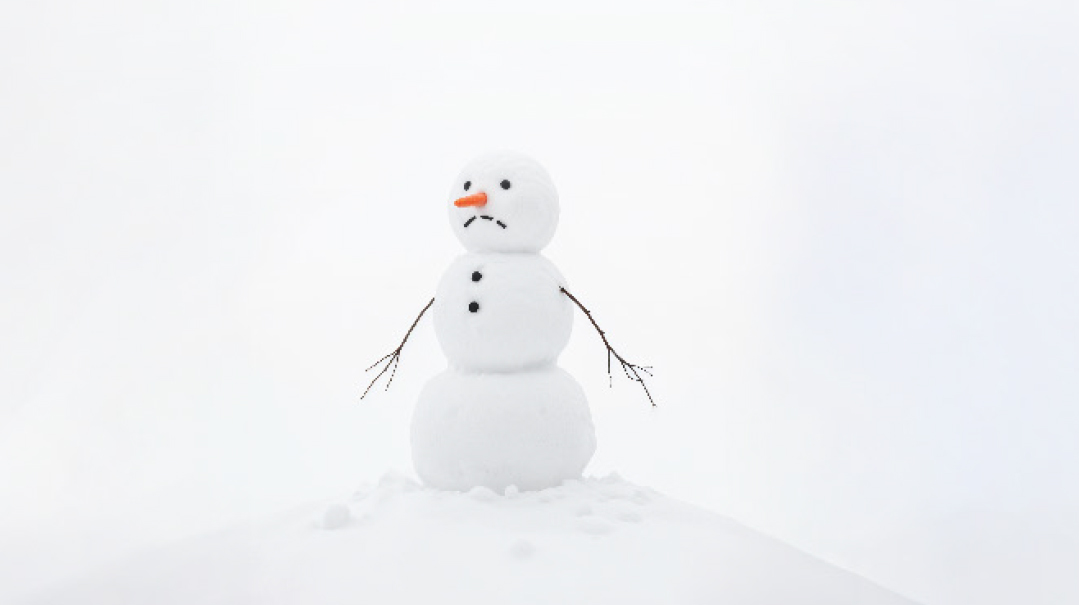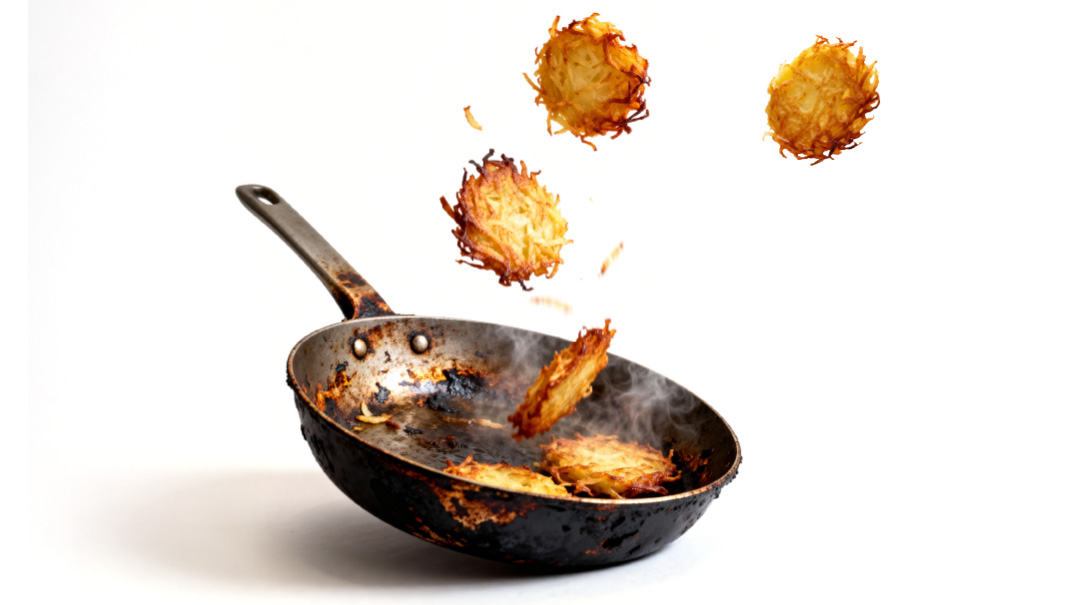The King Is Everywhere

“The mekubal said to stop worrying so much. It’s not as bad as you think. You need more bitachon”

T
he young nurse quietly slips a piece of paper into my hand. On it are her name and private cell phone number. “If you have any trouble making appointments quickly, or getting test results, give me a call and I’ll try and help.”
My stomach lurches. I know then that my colonoscopy results show I have a real problem. Why else is she so kind to me? But I also know that I won’t be alone in this ordeal. Already, this sweet young nurse is offering me her help and support in the challenging months ahead.
It’s the beginning of Elul and we’re told that during Elul, the King, HaKadosh Baruch Hu, doesn’t wait for us to come to His throne — He comes down to us and seeks us out wherever we are. We don’t need an appointment, preparation, or long-winded rehearsals. He will listen to us, to our prayers, entreaties, fears, and hopes.
The next few weeks are a blur of phone calls, setting appointments, hours spent waiting in clinics, and weeks spent awaiting results. MRI, CTs, PET CT. Weeks of no appetite, of gnawing fear. The pounds are dropping off me from lack of appetite — pounds that no diet in the past had managed to budge. How bad is it? Will I live to see any of my grandchildren under the chuppah?
One evening, a technician from the MRI office calls and says that although he’d originally thought I’d have to wait several weeks for my appointment, he’s found me a slot in a few days’ time.
The King is in the field — in the MRI clinic. I feel His reassuring care and love enveloping me, helping me along this challenging, frightening path.
It’s the month before the Yamim Noraim. Our future always hangs in the balance at this time of year, but now I feel it far more than usual.
My daughter comes back from seeing a well-known rebbetzin whom she’d gone to for a brachah. “She held my hand, Mum, and said she’s davening for you,” she says, “but she said I should tell you not to worry. It will be all right. It’s not as bad as you imagine.”
Can she even imagine how bad I feel it is? How much I fear the unknown? Yet the rebbetzin is a very special person and her words comfort me.
I feel the King’s love and warmth wash over me.
A few nights later, as we’re about to leave for Kever Rachel the night before yet another important medical test, my son-in-law arrives in a rush. “B’ezras Hashem, you’re going to be okay,” he says. “The mekubal said to stop worrying so much. It’s not as bad as you think. You need more bitachon.”
I’m stunned by his words. I’d been told the exact same thing by another rav. What was wrong with me? I’d thought I had bitachon. I know that Hashem is in charge, and that everything, whether we understand it or not, is for the good. “That,” says the rav, “is emunah. Bitachon is putting that belief into practice and that means not worrying. It’s all in G-d’s hands.”
The same words. I accept the message from the King. I try hard to stop worrying. It isn’t easy.
Like many people, I’ve always tried to work on myself during Elul, to daven slower and with more kavanah, to say more Tehillim. I’ve tried to choose a book ahead of Elul to learn from every day — mussar, or emunah, or bitachon. This year I buy one on bitachon.
We arrive at the surgeon’s clinic. I will finally find out what the medical future holds for me. The results are all in. I keep telling myself that whatever the doctor says, he’s only human. HaKadosh Baruch Hu is in charge and he can change anything. My husband and one of my daughters are also with us. I’m scared that if the news isn’t good, my mind will block out the rest of the doctor’s words, and I need to know that others will continue listening.
He talks for a long time about surgeries, removal of cancerous growths, possible side-effects, radiation, chemotherapy — and then he says the words, “It’s going to be a difficult haul, but we’re looking at a total cure at the end.”
I feel like the King has just removed the weight of the world from my shoulders. I smile, perhaps for the first time in weeks.
My first treatment is radiation, which could be traumatic, but the King has already arranged that it won’t be. I’m welcomed in the Hadassah Ein Kerem Hospital as a returning friend — I’d just spent the last three months accompanying my husband there every day for his treatment. Baruch Hashem, he’s now in total remission.
I know exactly where to go, what’s going to happen, who to speak to. I have a good feeling about the treatment — it cured my husband. The King is in the field, in the hospital, in the radiation department… everywhere I sense His presence and His love.
Elul draws to a close. The radiation has left me very weak and I spend Rosh Hashanah davening at home.
Yom Kippur is approaching. I’m now on chemotherapy, as well as daily radiation treatments. I’m aware of the severity of my illness but still, I ask my doctor, “Do you think I can fast with shiurim?” I want to do this to show my gratitude to HaKadosh Baruch Hu for the chesed He’s showing me.
She looks at me for a few minutes. “My normal answer would be a definite no. You have a life threatening illness, you’re in the midst of difficult treatment, and you’re not young.” Then she smiles. “But I look at you and I see how well you’re taking the treatment, your blood test results are good, your side effects are minimal. I’m going to consult with the head of oncology. Wait a minute.”
She returns after a while. “We’ve decided to let you try with shiurim,” she says. “But if you feel the least bit unwell, you must return to drinking a large amount and eating as much as you need. And don’t spend Yom Kippur alone at home. Have someone with you.”
I know the King will be with me, but a niece offers to stay with me as well. I spend Yom Kippur surrounded by my shiurim of food and drink, with a watch nearby to ensure I eat and drink the necessary amount at the required intervals. The rav we consulted accepted the doctor’s decision, but also reiterated that at any sign of feeling ill I have to drink and eat. I daven as I have never davened before, and feel fine all day.
I send my niece to shul for Ne’ilah. There’s only one more hour to go and I want to be alone. I dread reaching Ne’ilah, for I know that at the end, when we say “Hashem Hu Elokim” seven times, the King will rise and return to His throne in the seventh heaven. I don’t want to have to leave His presence. I don’t want to think of Him leaving me. How will I manage on my own?
Yet as I watch the sun disappear, I have the bitachon that in the morning it will rise again. I realize that the King will always be with me, just as He has been in the last month.
Yes, Elul is a special opportunity not to be missed — but HaKadosh Baruch Hu is always with me, every day of the year, whenever and wherever I look for Him.
(Originally featured in Family First, Issue 658)
Oops! We could not locate your form.







